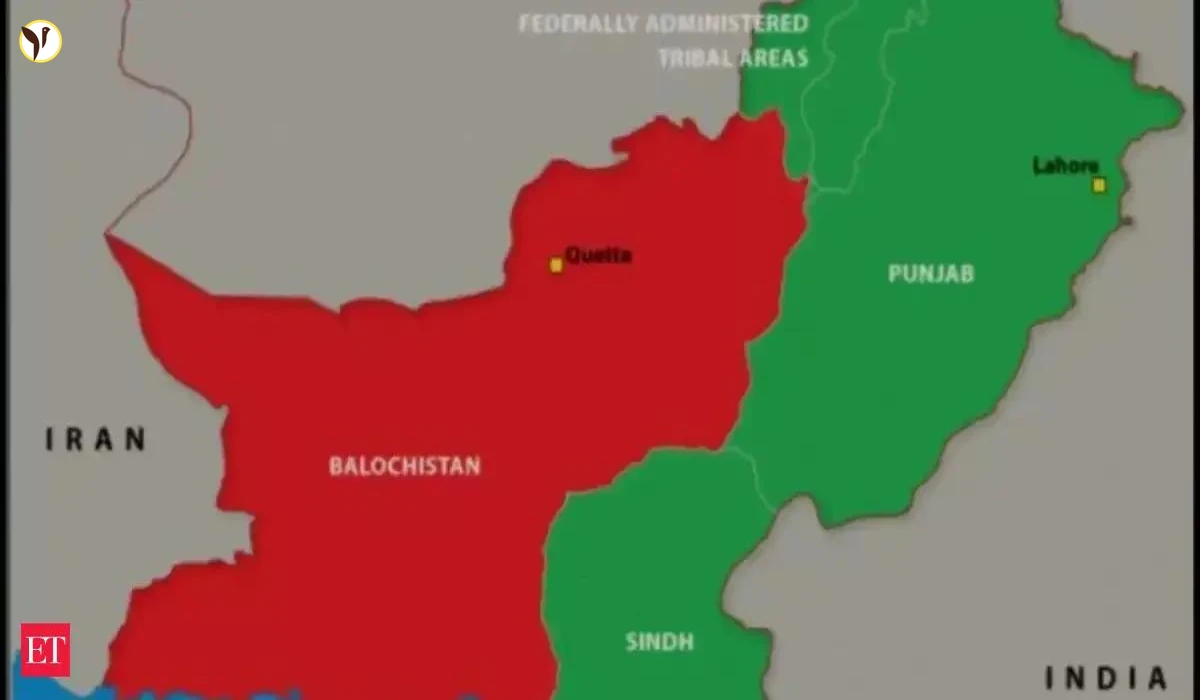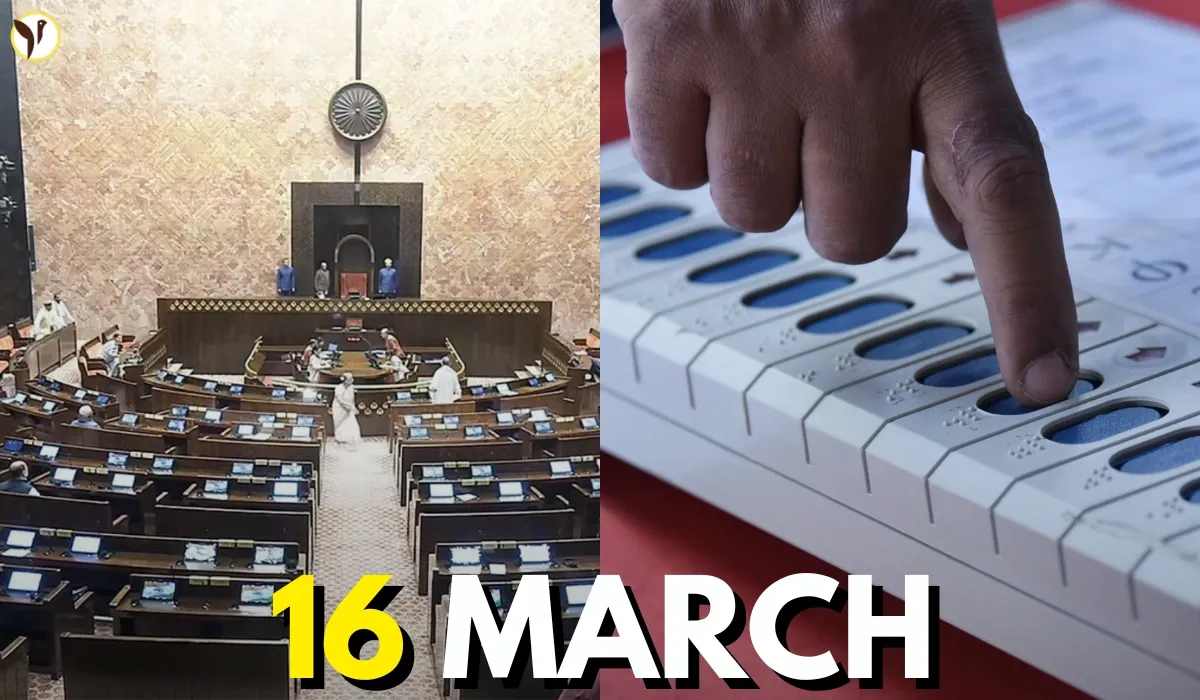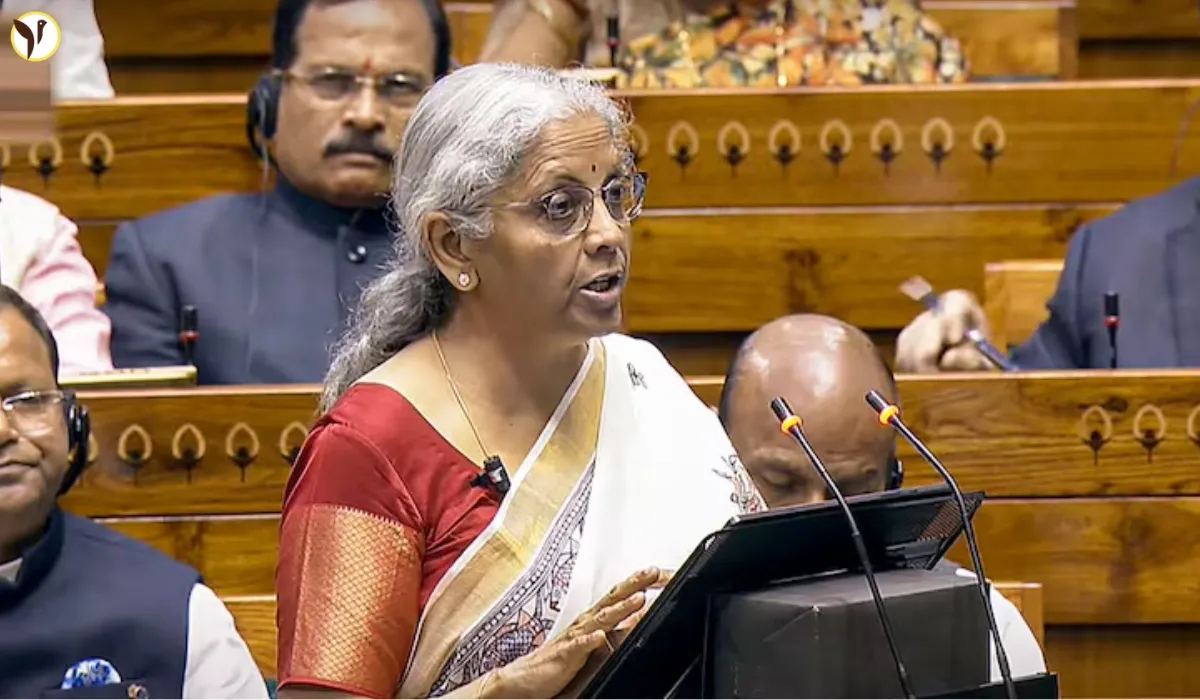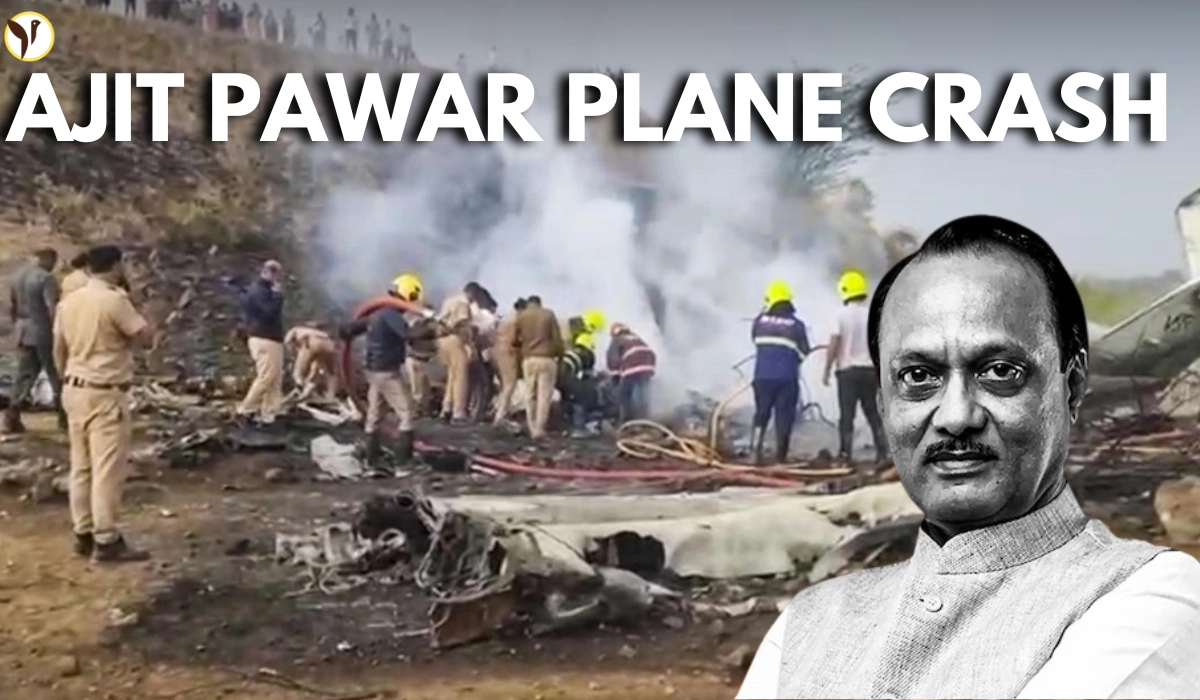Balochistan's Bold Declaration of Independence Sets Social Media Ablaze
In a stunning move that's captured global attention, Baloch leaders including activist Mir Yar Baloch have formally declared an independent "Republic of Balochistan." The announcement has taken social media by storm, with #RepublicOfBalochistan trending worldwide as supporters share images of Baloch flags and passionate videos promoting the independence cause. Coming amid heightened India-Pakistan tensions, this declaration isn't just making headlines—it's reshaping conversations about South Asian geopolitics.
Inside the Declaration: What's Being Demanded?
On May 9th, Mir Yar Baloch took to X (formerly Twitter) with a bold proclamation that's since reverberated across the digital landscape. At its core, the declaration calls for India to recognize an independent Balochistan and establish a Baloch embassy in Delhi—a request loaded with historical and political significance.
But that's just the beginning. The declaration also appeals directly to the United Nations, asking for formal recognition and substantial financial support to establish basic governmental functions like currency printing and passport issuance. You might be wondering: why now? The timing is hardly coincidental.
In subsequent posts, Baloch shared compelling images of citizens holding banners expressing solidarity with India while condemning Pakistani actions in the region. In a direct appeal that caught many observers by surprise, he reached out to Prime Minister Narendra Modi, highlighting the considerable number of Baloch patriots who support India's position in the region.
- Key Demands: Recognition from India and the UN, financial assistance, and the withdrawal of Pakistani forces from what they consider their homeland.
- Social Media Strategy: A sophisticated digital campaign featuring the distinctive Baloch flag and maps of the declared republic has gained remarkable traction in just days.
The declaration's timing speaks volumes. It follows on the heels of India's "Operation Sindoor"—a military response to a devastating terrorist attack in Pahalgam, Kashmir. This operation, which targeted terror camps within Pakistan and Pakistan-Occupied Kashmir, has pushed the already strained relationship between these nuclear-armed neighbors to a breaking point.
Here's where things get even more complicated. The Baloch Liberation Army (BLA), a group Pakistan designates as terrorists but others view as freedom fighters, has claimed responsibility for an attack on Pakistani military personnel. Videos allegedly showing the aftermath have spread widely online, adding another dimension to this unfolding story.
- Geopolitical Context: This isn't happening in isolation—the declaration is intimately tied to the intensifying India-Pakistan conflict and the decades-long struggle for Baloch self-determination.
- BLA's Role: The group's claimed attack brings another layer of complexity to an already tangled situation, raising questions about who truly speaks for the Baloch people.
In what might be seen as either bold symbolism or diplomatic audacity (depending on where you stand), Hyrbyair Marri, who leads the Free Balochistan Movement, has called on India to rename Jinnah House in Mumbai as "Balochistan House." This would transform a landmark associated with India's partition into a symbol of Baloch independence aspirations—a powerful statement that hasn't gone unnoticed in diplomatic circles.
Beyond the Headlines: Hope Amid Uncertainty
While the declaration has electrified Baloch activists and diaspora communities worldwide, let's be realistic: the road to recognized independence is fraught with challenges. International recognition remains uncertain at best, and Pakistan isn't likely to relinquish control of resource-rich Balochistan without significant resistance. The involvement of various armed groups further muddles the waters of an already complex political landscape.
Yet not all developments in the region are confrontational. Take, for instance, the recent appointment of Kashish Chaudhary, a young Hindu woman, as Assistant Commissioner in Balochistan. Her appointment offers a rare bright spot—suggesting that progress within existing structures isn't impossible. It demonstrates potential for inclusivity even as larger political battles rage, though it certainly doesn't diminish the gravity of the independence movement itself.
What Happens Next? The Road Ahead for Balochistan
The declaration of the "Republic of Balochistan" marks a watershed moment in the long-standing struggle over the region's future. The sophisticated social media campaign reflects both the determination of Baloch activists and their understanding of how modern independence movements must operate in the digital age.
Will this bold declaration translate into actual independence? That remains to be seen. What's undeniable, though, is its immediate impact on regional dynamics and the already fragile India-Pakistan relationship.
The weeks ahead will be critical. How will Pakistan respond beyond initial condemnations? Will India or any other nations acknowledge the declaration? How will international bodies like the UN navigate this diplomatic minefield? These questions don't have easy answers, but they'll undoubtedly shape the future of not just Balochistan but potentially the entire geopolitical landscape of South Asia.
One thing is certain—what began as a social media declaration has already transcended the digital realm to become a significant moment in Balochistan's long journey toward self-determination. Whether it becomes a historical footnote or a founding document of a new nation now depends on what happens off-screen, in the complex world of international diplomacy and regional politics.









